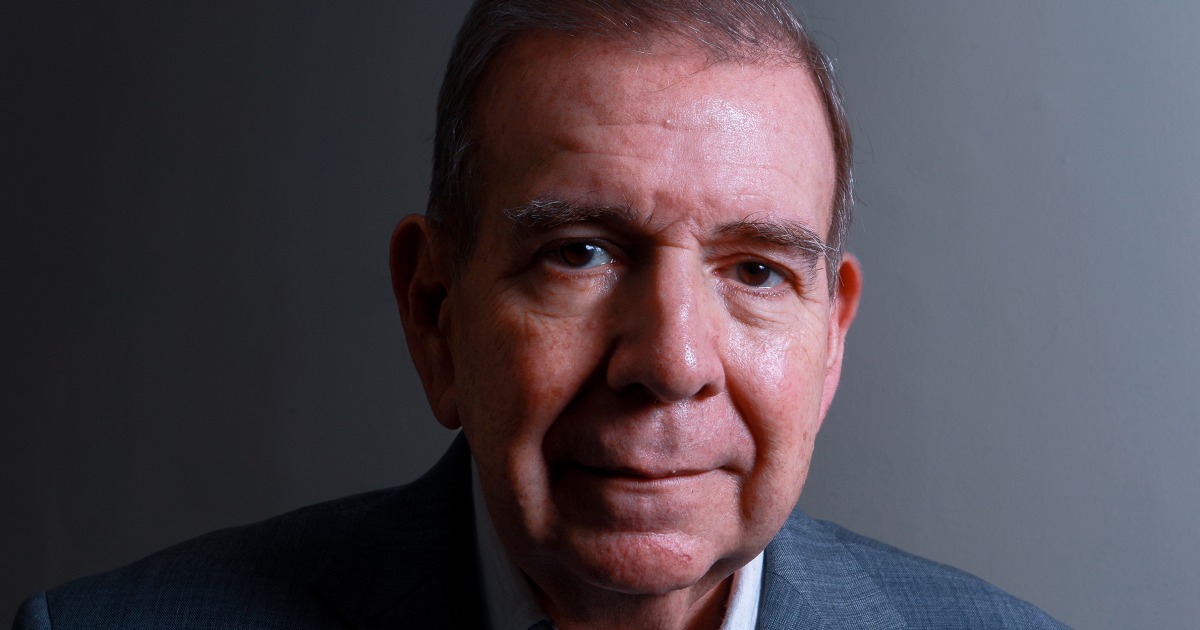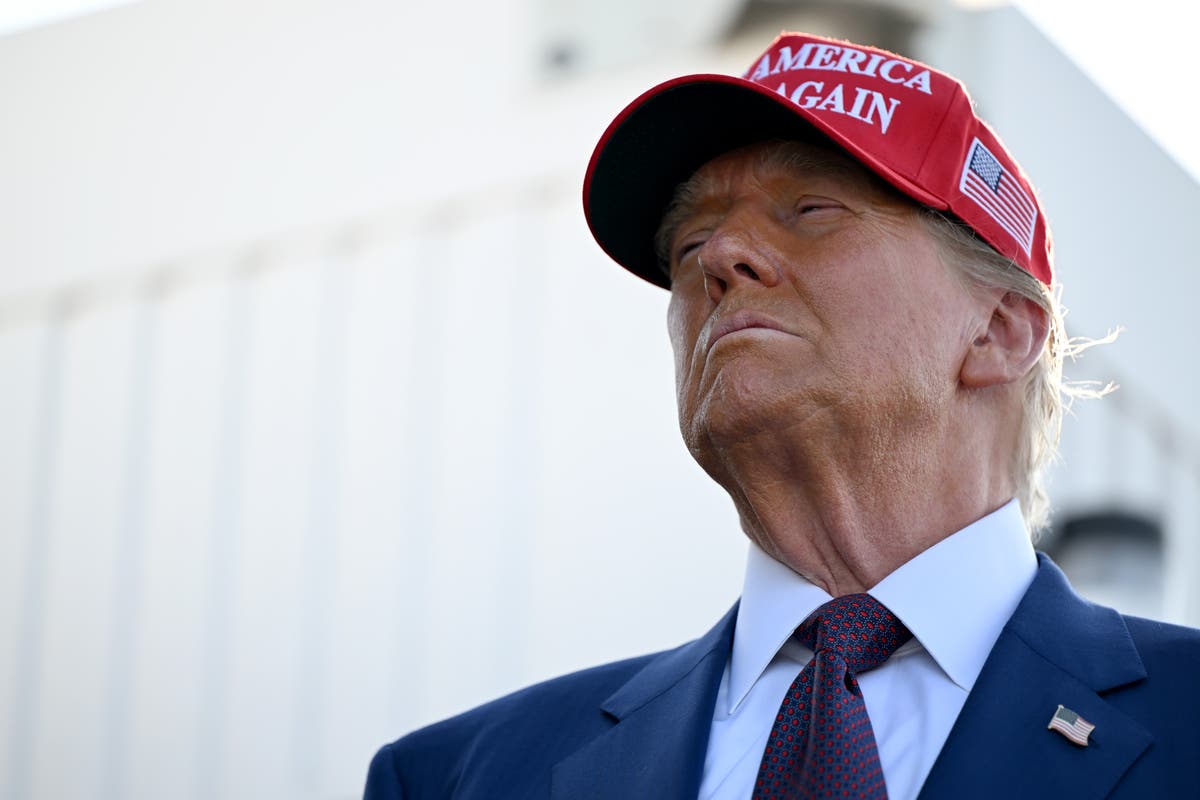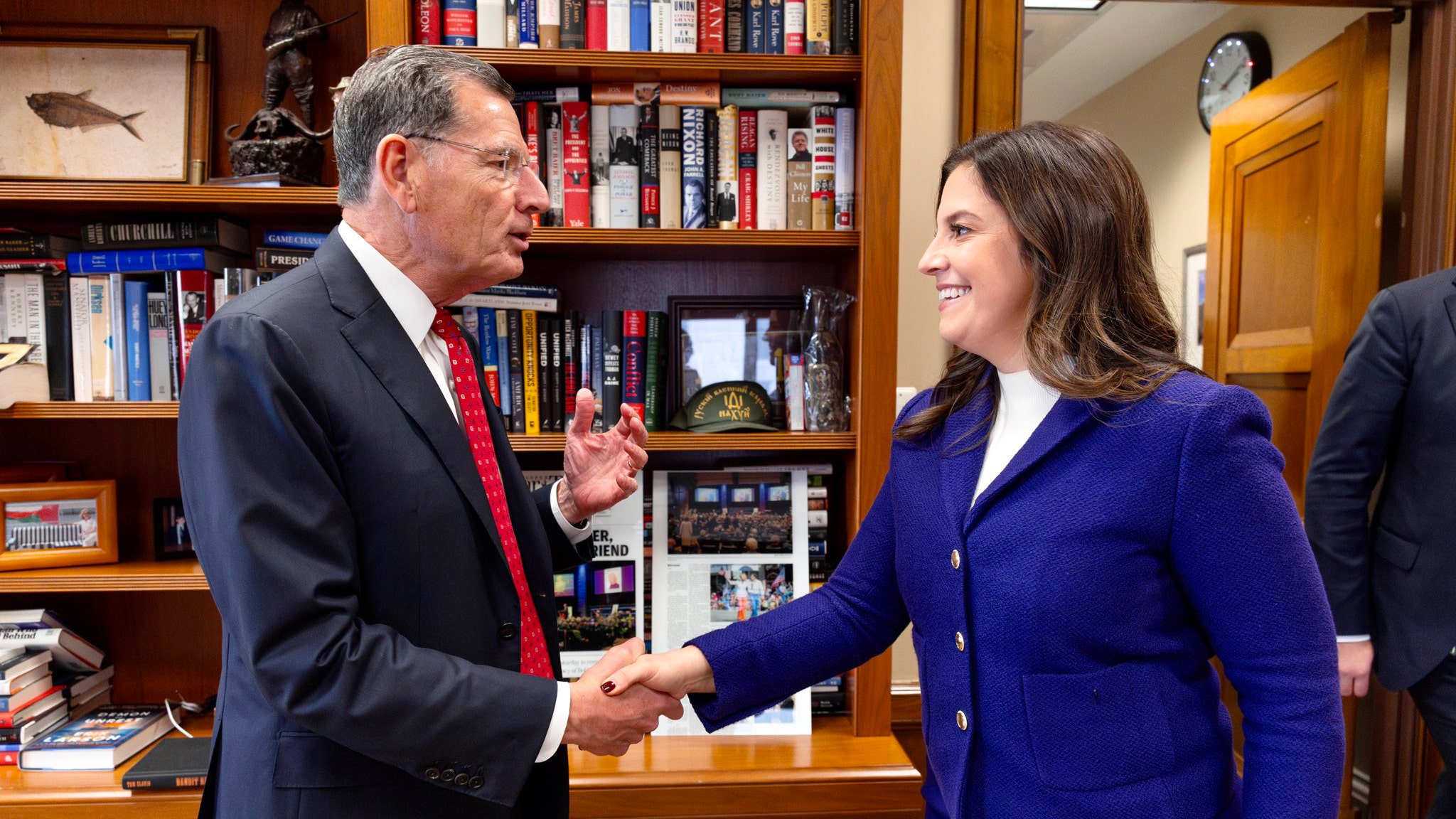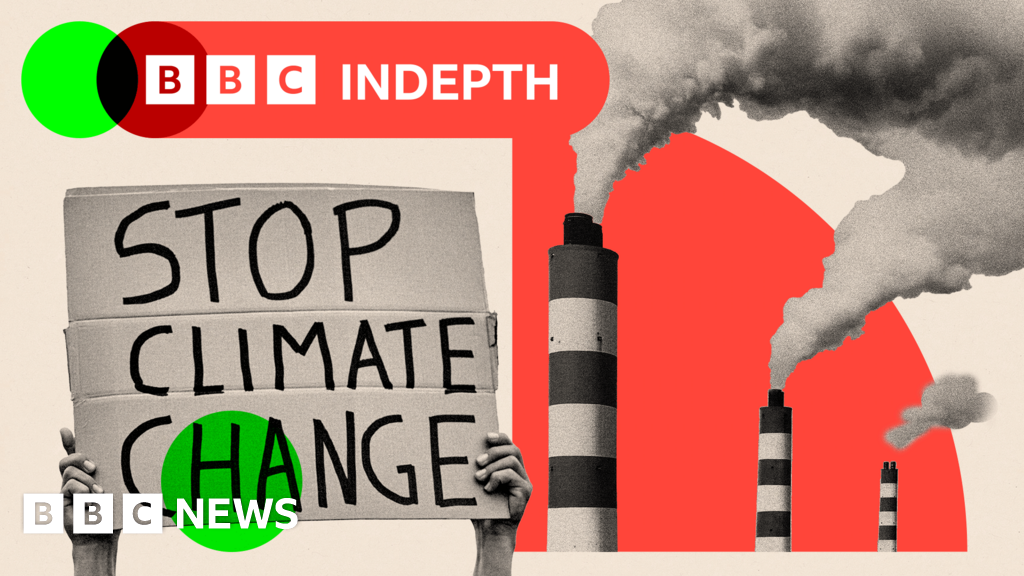World
Venezuelan opposition leader thanks U.S. for recognizing him as presidential election’s winner

Venezuela’s opposition candidate Edmundo González Urrutia thanked the U.S. on Friday for recognizing him as the official winner of Sunday’s controversial presidential election, in which both González Urrutia and President Nicolás Maduro claimed victory.
“We thank the United States for recognizing the will of the Venezuelan people reflected in our electoral victory and for supporting the process of restoring democratic norms in Venezuela,” González Urrutia wrote on X.
The United States’ recognition of González Urrutia as Venezuela’s president-elect is based on evidence the opposition released this week, U.S. Secretary of State Antony Blinken said on Thursday night.
The opposition published more than 80% of electoral tally sheets they directly received from polling stations throughout Venezuela on Election Day. Those tallies show that González Urrutia obtained 66% of the votes while Maduro received about 31%, according to a site NBC News accessed on Wednesday where the opposition released the results of their count.
“Those tally sheets indicate that Edmundo González Urrutia received the most votes in this election by an insurmountable margin,” Blinken said in a statement Thursday. “Given the overwhelming evidence, it is clear to the United States and, most importantly, to the Venezuelan people that Edmundo González Urrutia won.”
The U.S. now joins Uruguay, Argentina and Peru, the first nation to recognize González Urrutia’s win, in discrediting the official election results announced by Maduro’s regime.
A few hours after Blinken’s announcement on Thursday, half a dozen masked assailants ransacked the headquarters of the opposition party, including the office of María Corina Machado, the main leader of the opposition movement who was barred from being on the ballot by Maduro’s government.
Vente Venezuela, the opposition party Machado belongs to, published images on social media showing several walls covered in black spray paint alongside a message saying the assailants broke down doors and hauled away valuable documents and equipment in raid they said happened at around 3 a.m.
The raid follows threats by Maduro and top government officials who are loyal to him to arrest Machado. While it’s unclear whether there is an official arrest warrant against her, Machado said she has gone into hiding out of fear.
While in hiding, she has continued to urge the international community to challenge the election results announced by Maduro’s regime and called on her supporters to show up to a demonstration in Caracas Saturday.
Calls from multiple governments, including close allies of Maduro like Colombia and Brazil, are pushing for Venezuela’s National Electoral Council to release detailed vote counts, as it has done during previous elections.
The electoral body, which is loyal to Maduro’s regime, declared him the winner Monday, claiming he was re-elected for a third term after winning 51% of the votes without releasing the vote counts that would help corroborate such results. On Friday, Elvis Amoroso of the National Electoral Council insisted Maduro won, claiming that his margin of victory remained relatively the same after accounting for 97% of the votes.
Amoroso did not provide detailed electoral tallies that governments around the world have called for.
The governments of Brazil, Colombia and Mexico issued a joint statement Thursday doubling down on their calls for an independent review of election results and urging Venezuela’s electoral authorities “to move forward expeditiously and publicly release” detailed voting data.
“The fundamental principle of popular sovereignty must be respected through impartial verification of the results,” the statement reads.
The statement does not confirm any backroom diplomatic efforts to persuade Maduro’s government to publish the vote tallies.
Government officials from Brazil, Colombia and Mexico have told The Associated Press that they have been in constant communication with Maduro’s administration to convince him that he must show the vote tally sheets from Sunday’s election and allow impartial verification.
On Wednesday, Maduro asked Venezuela’s highest court to conduct an audit of the election, but hat request drew criticism from foreign observers who said the court is controlled by Maduro sympathizers. It is also the same court that banned Machado from being on the ballot in January, causing González Urrutia to emerge as the opposition’s surrogate candidate in May.
On Thursday, the court accepted Maduro’s request for an audit and ordered him, González Urrutia and the eight other candidates who participated in the presidential election to appear before the justices Friday.
Asked why electoral authorities have not released detailed vote counts, Maduro said the National Electoral Council has come under attack, including cyber-attacks, without elaborating.
The controversy over the election results is fueling fears of increased protests and violence amid the international debate and lack of consensus.
Since protests broke out Monday, thousands of opposition supporters have taken to the streets and the Venezuelan government has said it’s arrested hundreds of protesters, including former opposition candidate Freddy Superlano.
The Venezuelan nongovernmental organization Pro Vea has identified at least 15 protesters who have been killed since demonstrations began, and it continues to verify more reports of deaths.
Venezuela has the world’s largest proven crude reserves and once boasted Latin America’s most advanced economy, but it entered into free fall after Maduro took the helm in 2013. Plummeting oil prices, widespread shortages and hyperinflation that soared past 130,000% led to social unrest and mass emigration.
More than 7.7 million Venezuelans have left the country since 2014, the largest exodus in Latin America’s recent history.









